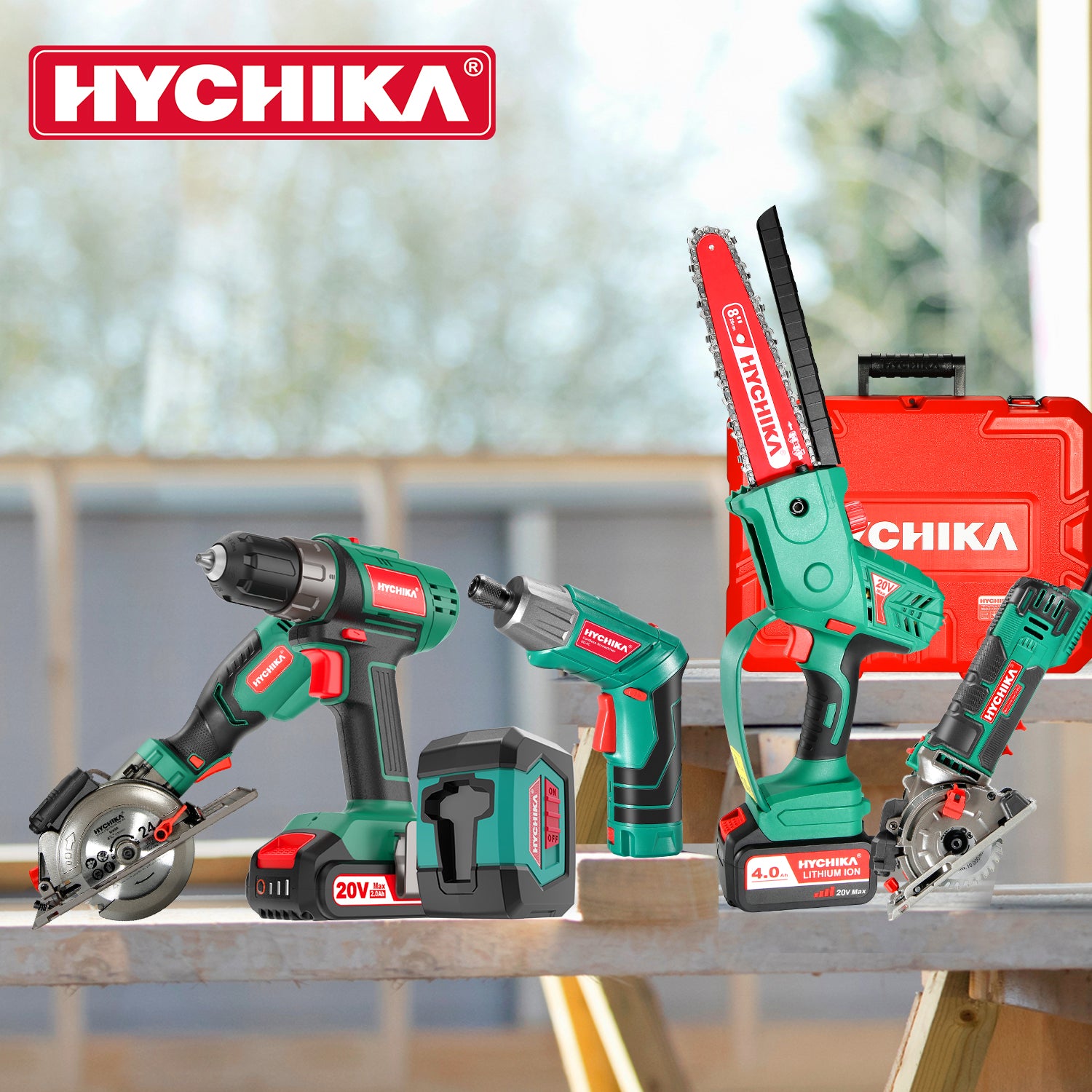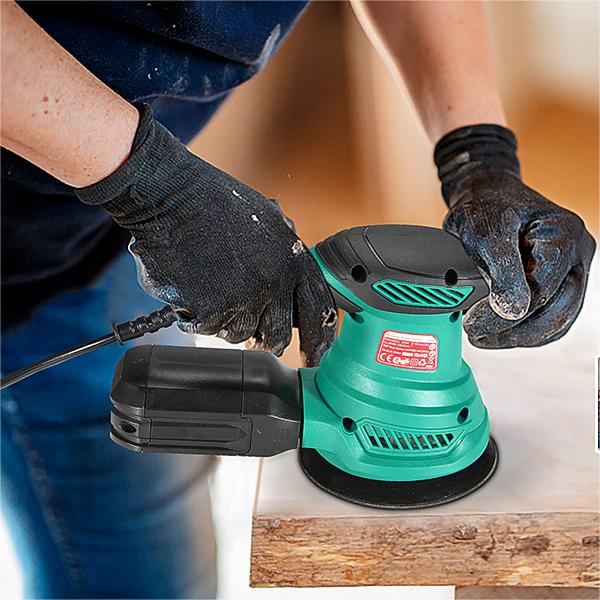Precision screwdrivers are essential tools for anyone working with delicate electronics, intricate mechanical assemblies, or fine craftsmanship. Whether you’re a professional technician, a hobbyist, or just someone who likes to fix things around the house, proper maintenance and care of your precision screwdriver set will ensure that these tools remain effective and reliable for years to come. In this blog post, we'll cover some key practices to keep your precision screwdrivers in top condition.
1. Regular Cleaning
Precision screwdrivers can quickly accumulate dust, dirt, and debris, especially if used frequently. To keep them clean:
- Wipe Down: Use a soft, lint-free cloth to wipe down the handles and shafts. For stubborn grime, lightly dampen the cloth with water or a mild cleaning solution. Avoid soaking the screwdriver.
- Inspect the Tip: Ensure that the tip of each screwdriver is free from debris. Use a small brush or compressed air to remove any particles that may have accumulated.
2. Proper Storage
How you store your precision screwdrivers can significantly impact their longevity:
- Tool Holder: Use a tool holder or a dedicated drawer with compartments to keep your screwdrivers organized. This prevents them from getting knocked around or damaged.
- Avoid Moisture: Store your screwdrivers in a dry environment. Moisture can cause rust and corrosion, especially on the metal tips and shafts.
3. Check for Wear and Tear
Regularly inspect your screwdrivers for signs of wear or damage:
- Tip Condition: Look for any signs of rounding or chipping on the tips. A damaged tip can slip and damage screws or the surfaces you're working on.
- Handle Integrity: Ensure that the handles are firmly attached and not cracked or broken. A loose or damaged handle can affect the precision and safety of your work.
4. Proper Use
Using your screwdrivers correctly is crucial for maintaining their precision:
- Right Tool for the Job: Always select the correct size and type of screwdriver for the screw you're working with. Using the wrong tool can cause damage to both the screwdriver and the screw.
- Gentle Pressure: Apply gentle, consistent pressure. Excessive force can strip screws or damage the screwdriver tip.
5. Periodic Maintenance
Consider performing occasional maintenance to keep your screwdrivers in top shape:
- Lubrication: If your screwdrivers have moving parts, such as adjustable handles, a light application of lubricant can keep them functioning smoothly. Use a lubricant specifically designed for precision tools.
- Calibration: For screwdrivers with adjustable or interchangeable tips, ensure that they are properly calibrated and securely fastened.
6. Avoiding Common Mistakes
Prevent common mistakes that can lead to premature wear:
- No Impact Use: Avoid using precision screwdrivers as prying tools or hammers. Their delicate construction is designed for precision work, not heavy-duty applications.
- Clean Regularly: Don’t wait until your screwdrivers are visibly dirty or damaged. Regular cleaning and inspection can prevent many issues before they become serious.



